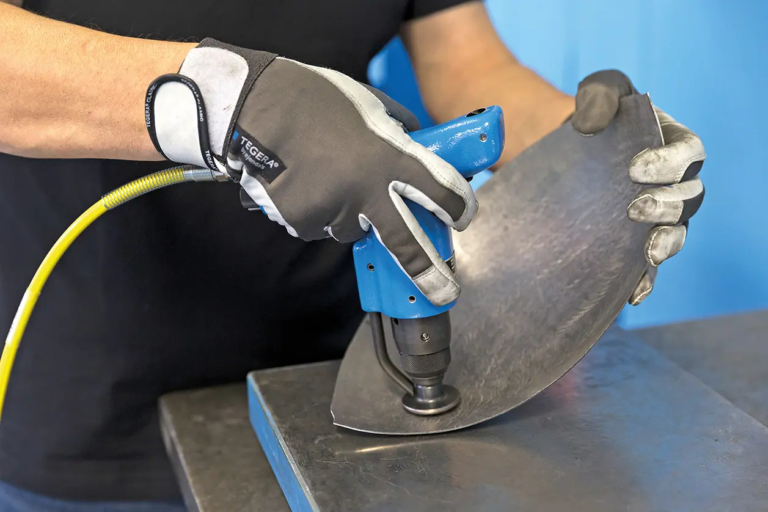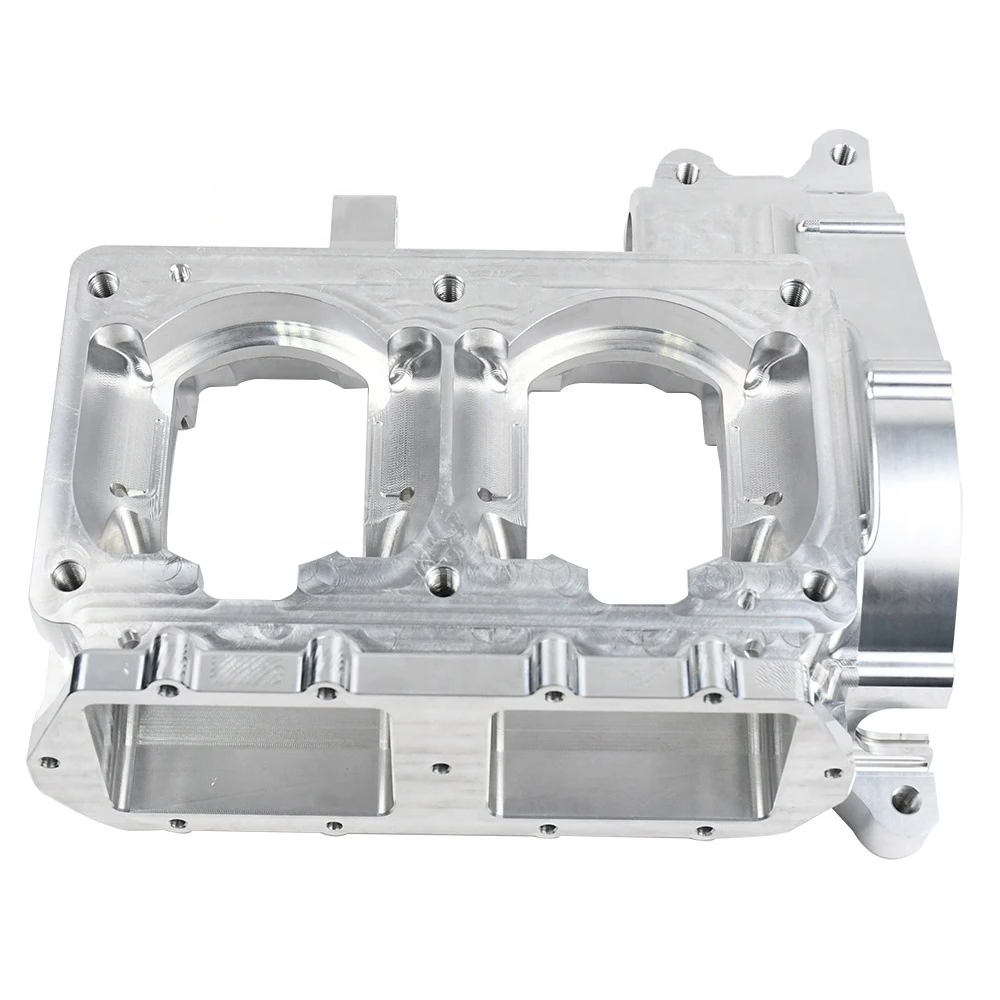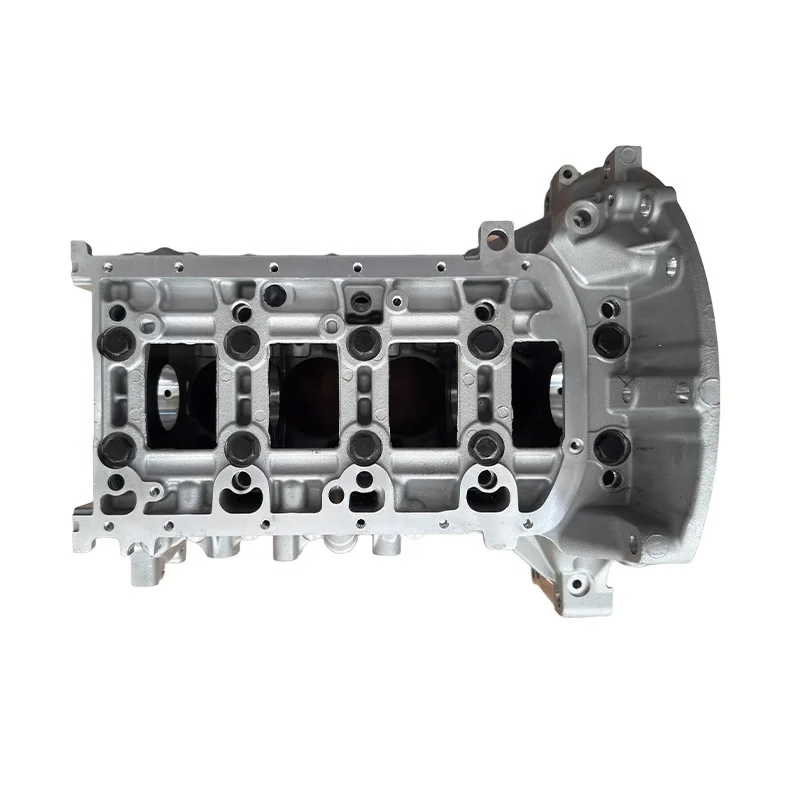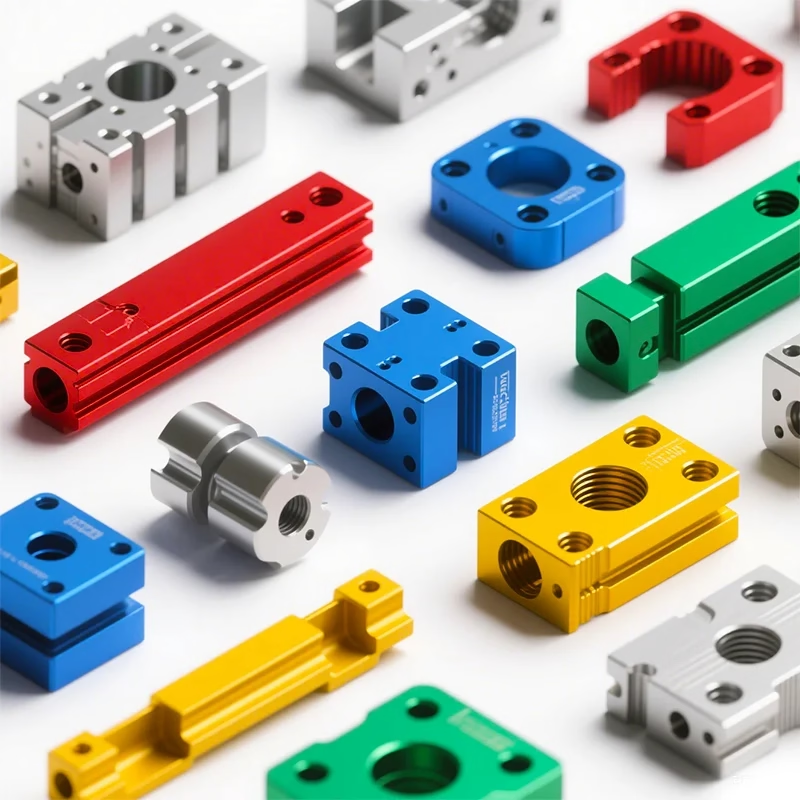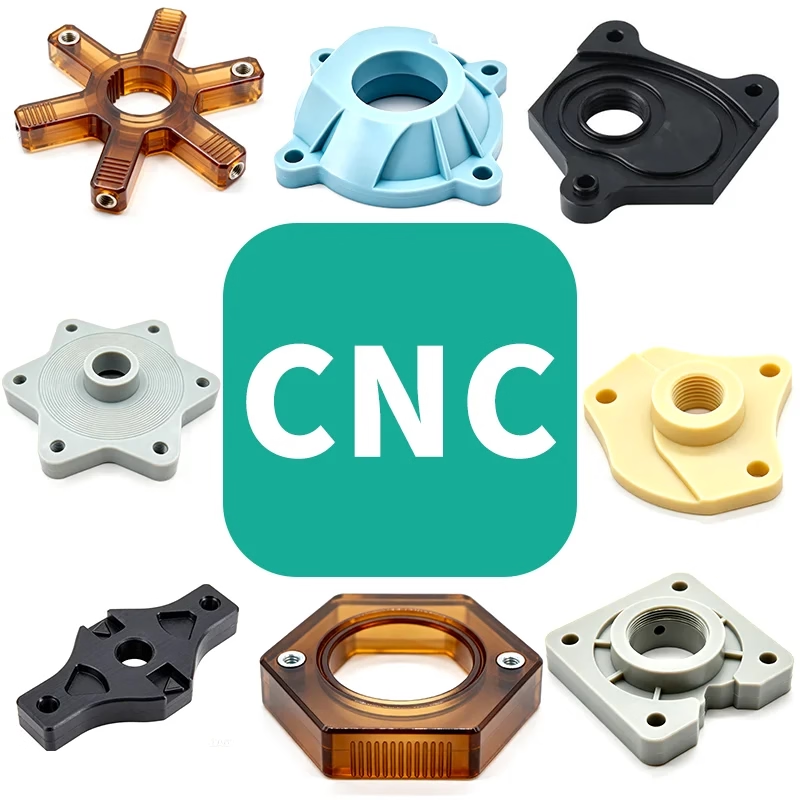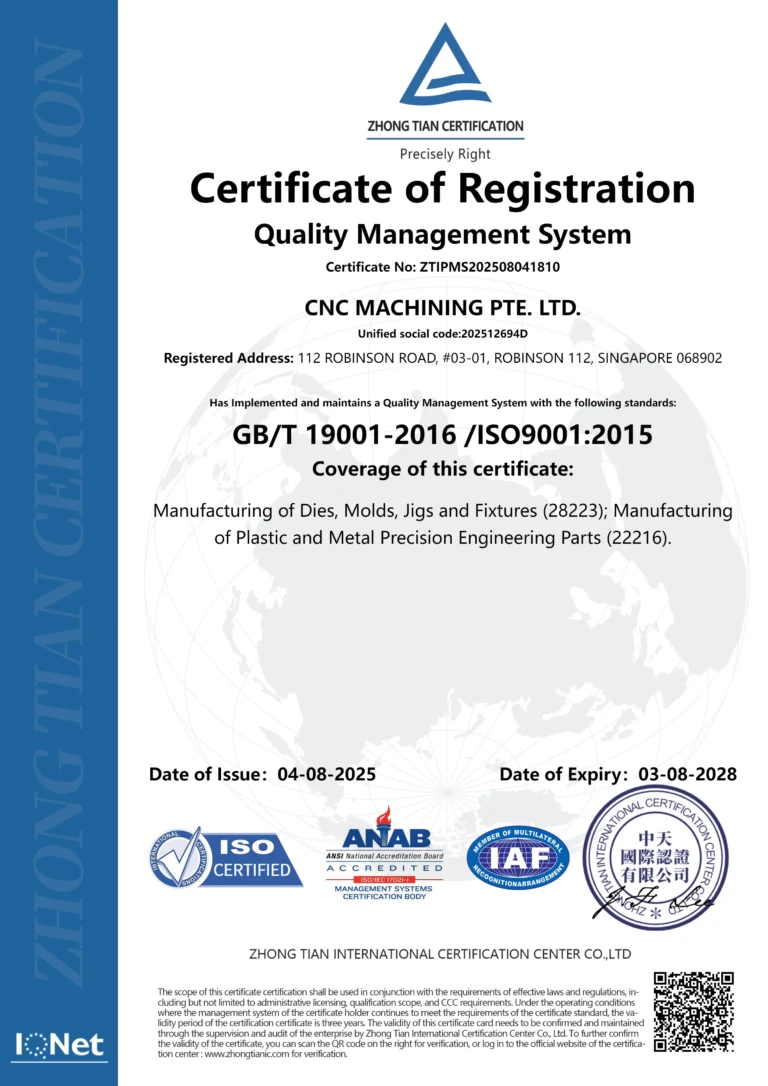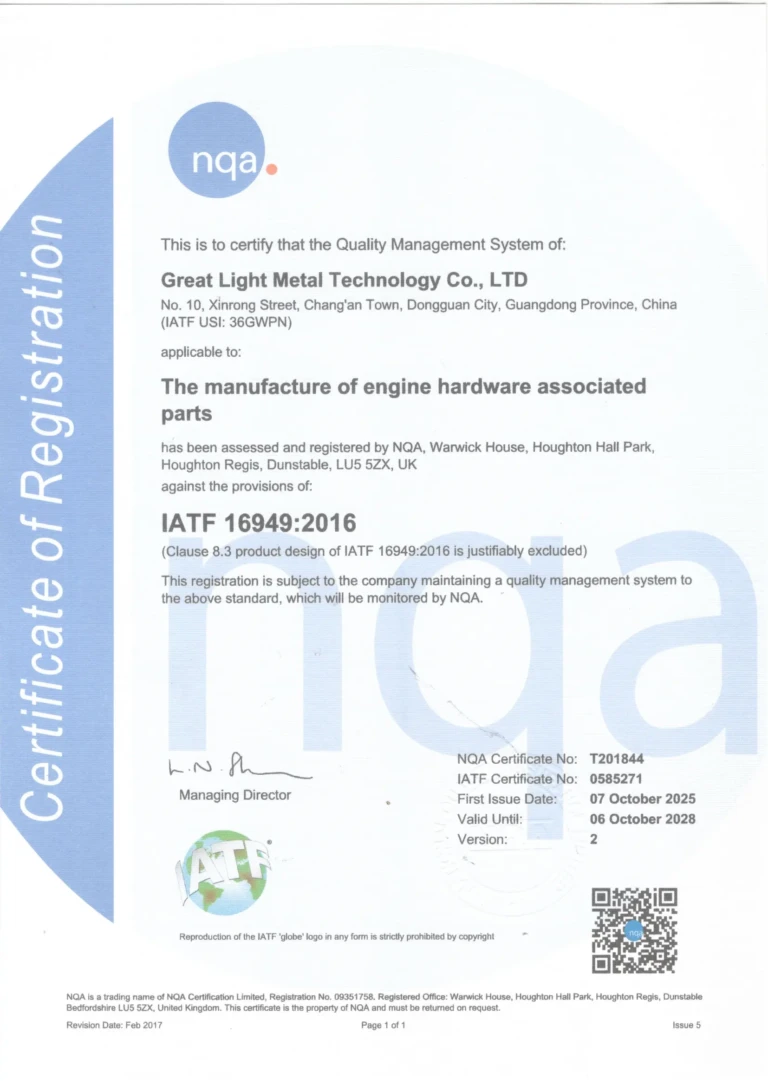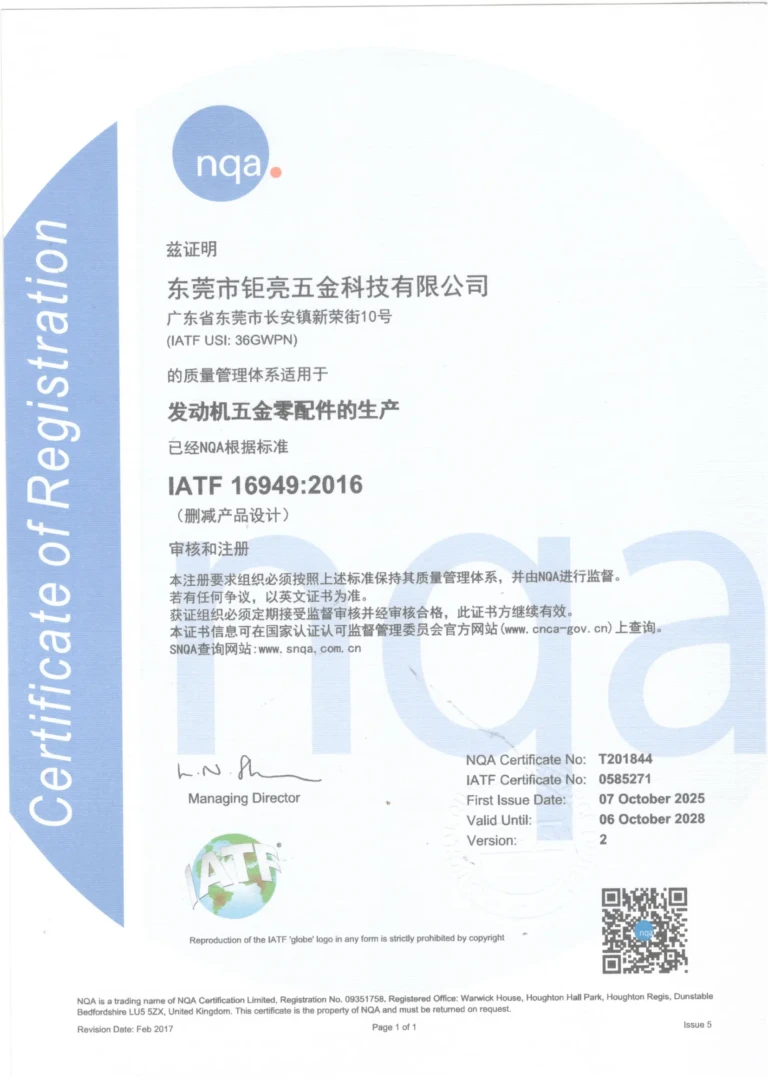In terms of precision machining, CNC Swiss machining is a highly specialized process with unparalleled accuracy and flexibility. This guide will dig into the world of CNC Swiss machining, explore its benefits, applications, and things to consider when working with CNC machining manufacturers.
CNC Swiss machining is a turning process that uses sliding covers and guide bushings to support workpieces, allowing highly accurate and complex machining operations. This process is particularly suitable for producing small, complex parts with tight tolerances, such as parts found in the medical, aviation and watchmaking industries.
One of the main advantages of CNC Swiss machining is its ability to perform multiple operations in a single setup, reducing the need for secondary operations and increasing productivity. Additionally, the use of guide bushings can improve accuracy and reduced vibration, resulting in a smooth finish and tighter tolerances.
When working with a CNC machining manufacturer, it is necessary to consider the type of material that can be processed. Most materials can be quickly customized and processed, including stainless steel, titanium and plastic. However, specific material properties and requirements will affect the processing process and it is crucial to work with manufacturers with experience in the required materials.
In terms of equipment, advanced five-axis CNC machining equipment is able to produce highly complex parts with precision and speed. The device allows for simultaneous five-axis machining, which can produce complex shapes and geometries that would not be possible with traditional machining methods.
For custom precision machining, working with manufacturers that offer one-stop post-processing and finishing services is crucial. This ensures that the final product meets the required specifications and quality standards, reducing the need for other processing or rework.
In short, CNC Swiss machining is a highly specialized process with unparalleled precision and flexibility. When working with CNC machining manufacturers, it is crucial to consider the types of materials that can be processed, the equipment and technology used, and the post-processing and completion services provided. By understanding the benefits and applications of CNC Swiss machining, manufacturers can produce high-quality precise parts that meet the most demanding specifications.
FAQ:
Q: What is CNC Swiss processing?
A: CNC Swiss machining is a turning process that uses sliding bedside tables and guide bushings to support workpieces, allowing highly accurate and complex machining operations.
Q: What are the benefits of CNC Swiss processing?
A: The benefits of CNC Swiss machining include high accuracy, flexibility, and the ability to perform multiple operations in a single setup, reducing the need for secondary operations and increasing productivity.
Q: What types of materials can be processed using CNC Switzerland?
A: Most materials can be quickly customized and processed, including stainless steel, titanium and plastic. However, specific material properties and requirements will affect the processing process.
Q: What is the difference between CNC Swiss processing and traditional processing methods?
A: CNC Swiss machining provides improved accuracy, reduced vibration and the ability to complex parts with precision and speed, making it ideal for producing small and complex parts with tight tolerances.
Q: How to choose a CNC processing manufacturer?
A: When choosing a CNC processing manufacturer, consider their experience, equipment and technology, as well as post-processing and completion services. Make sure they have experience with the required materials and can meet the required specifications and quality standards.
